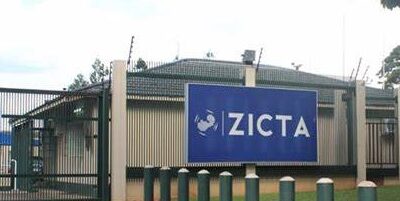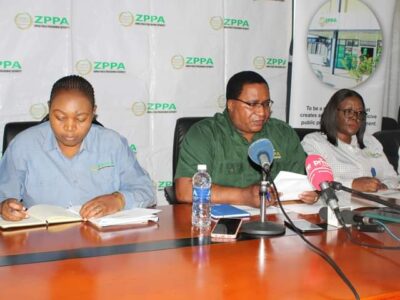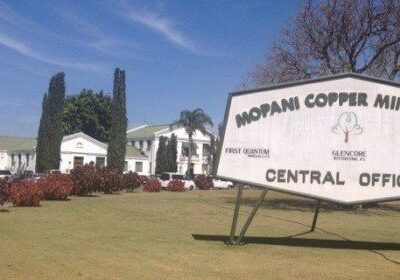Business environment in Zambia declined significantly in September 2024, as prolonged load shedding severely impacted operations across multiple sectors.
The continued lengthy power cuts restricted business activities, reducing operational capacity and dragging down overall economic performance to its sharpest decline since August 2020.
The strain caused by load shedding persisted through September, placing an immense burden on businesses as output, new orders, and employment levels contracted at faster rates.
This marked a severe deterioration in the country’s business environment, according to the latest Purchasing Managers Index (PMI) survey, issued by Stanbic Bank.
The headline PMI fell to 45.6 in September, down from 48.3 in August, signaling a strong decline in the health of Zambia’s private sector.
Read more: Indeni seeks govt approval to operate as private firm, claims govt regulations hampering operations
The figure represented the tenth consecutive monthly downturn, with the rate of decline being the fastest recorded since August 2020.
“Load shedding and the impact of lengthy power cuts constrained firms again in September, as output contracted at the sharpest pace since February 2021,” the survey revealed.
“Reduced capacity and lower purchasing power among customers, driven by rising energy costs, weighed on demand conditions,” it stated.
The ongoing power shortages led to a steep reduction in new orders, which declined for the second month in a row.
The survey highlighted that the pace of the decrease was the most pronounced in over four years.
Additionally, backlogs of work rose for the sixth consecutive month, with September recording the fastest growth rate in more than four and a half years due to capacity constraints.
Higher energy costs, compounded by increased supplier prices and the strengthening of the US dollar, drove input price inflation.
Electricity-related expenses and the need to source alternative power supplies contributed significantly to rising operational costs.
While purchase prices surged, wage bills remained broadly unchanged during the month.
The survey underscored the far-reaching effects of Zambia’s unstable energy supply, as businesses grappled with backlogs and shrinking consumer demand.
As the country navigates this challenging period, the private sector remains under pressure, with the worsening energy crisis exacerbating economic uncertainties.
WARNING! All rights reserved. This material, and other digital content on this website, may not be reproduced, published, broadcast, rewritten or redistributed in whole or in part without prior express permission from ZAMBIA MONITOR.












Comments